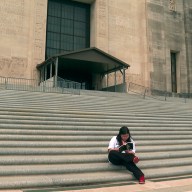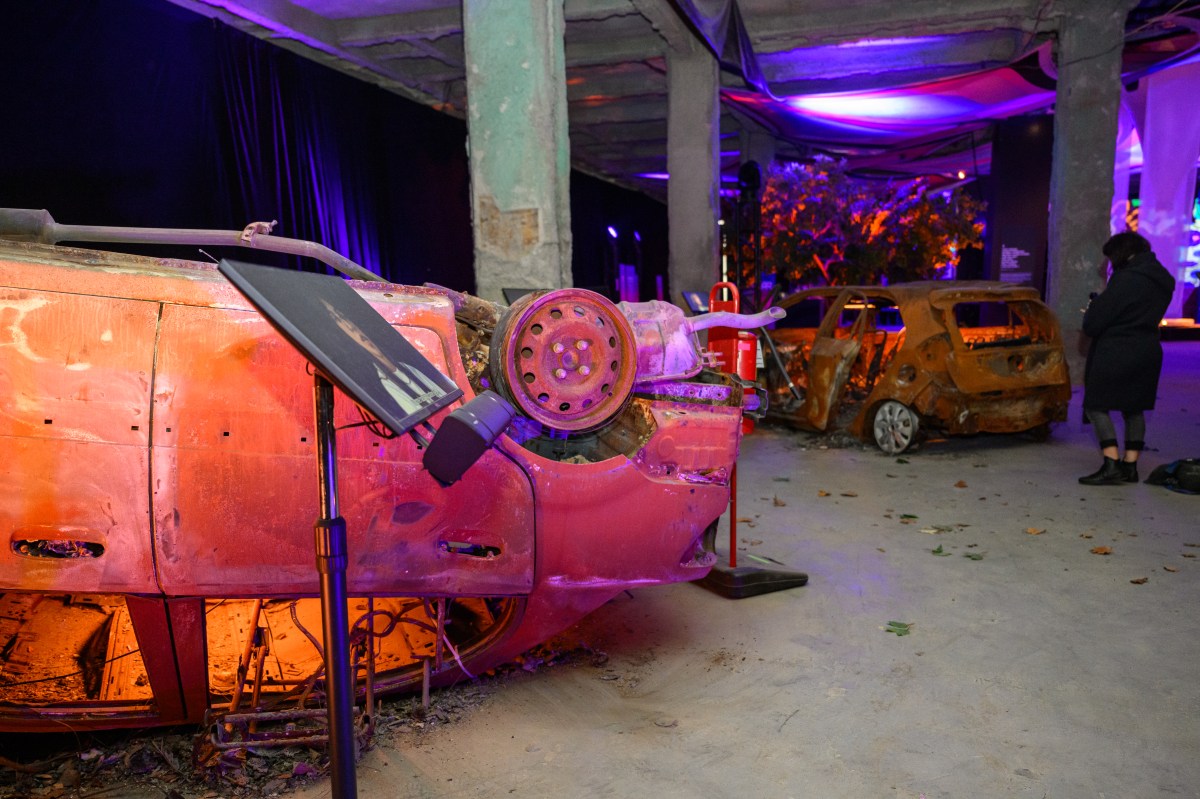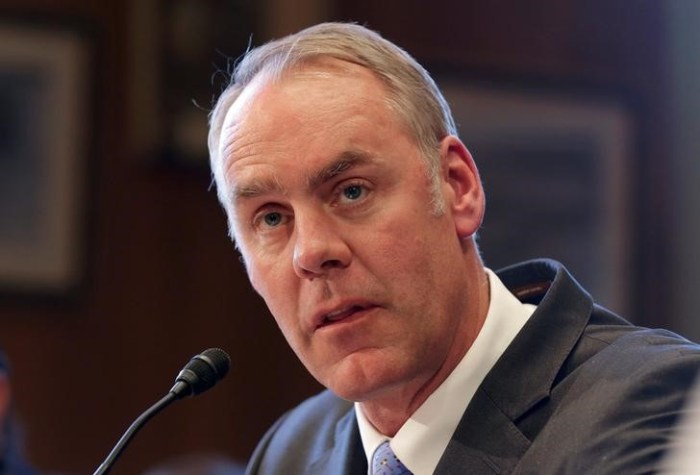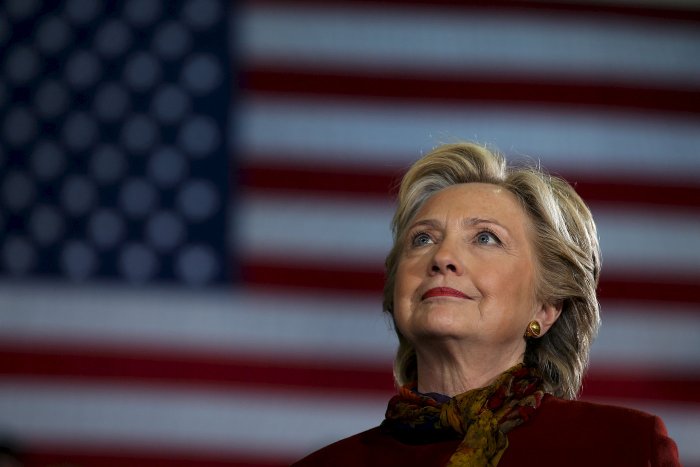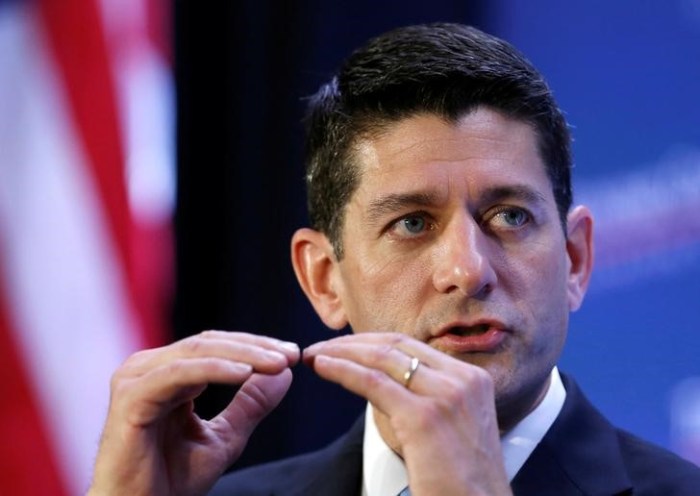By Kim Palmer
CLEVELAND (Reuters) – The city of Cleveland and the American Civil Liberties Union on Friday settled a federal lawsuit over free speech limits outside the Republican National Convention next month, setting the stage for lively demonstrations during Donald Trump’s big moment. The city had been seeking a restricted zone of 3.3 square miles (8.5 square km) around the Quicken Loans Arena, site of the convention, where free speech and mobility would be limited. That prompted an ACLU lawsuit on behalf of three protest groups that argued the so-called event zone was too large and the security regulations too strict. Details of the new event zone and protest rules were not immediately available.
“Today, counsel advised me that the case is settled and that they will execute a settlement agreement expeditiously,” U.S. District Judge Dan Aaron Polster said in a statement.
Another judge on Thursday had struck down Cleveland’s plan for placing limits on protests, issuing a preliminary injunction in favor of the ACLU and referring the case to Polster for mediation. Trump is expected to become the Republican Party’s official nominee for president at the July 18-21 convention, which will attract protesters for various causes who plan to demonstrate outside. Trump campaign events have drawn large and raucous demonstrations with some resulting in clashes between the candidate’s supporters and opponents.
The plaintiffs in the Cleveland lawsuit are Citizens for Trump, a Texas-based group that supports the wealthy businessman’s campaign; Organize Ohio, a liberal activist group; and Northeast Ohio Coalition for the Homeless, a charitable organization. Citizens for Trump anticipates 104 cars and trucks, 100 motorcycles, four horses and at least 5,000 people to participate in its event, while Organize Ohio expects 3,000 to 5,000 marchers, the ACLU said. (Reporting by Kim Palmer; Editing by Daniel Trotta and Bill Trott)
Cleveland, ACLU agree on protest limits at Republican convention
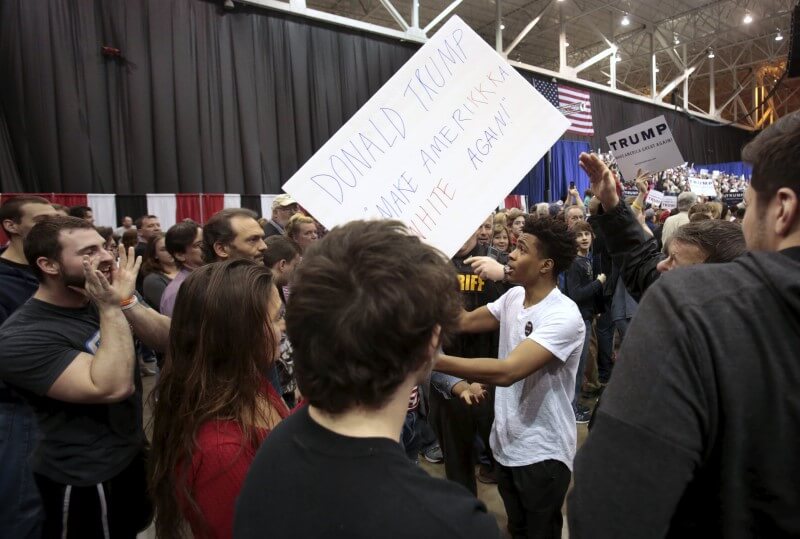
By Kim Palmer






